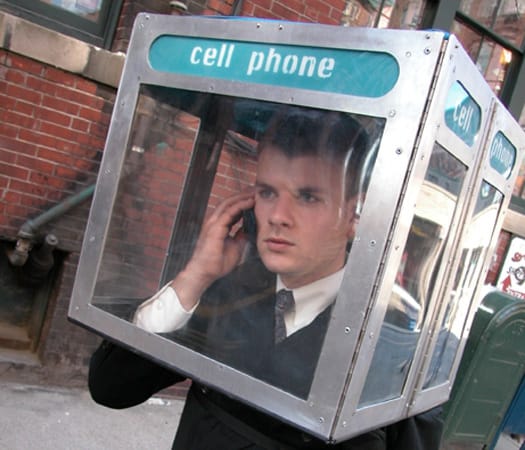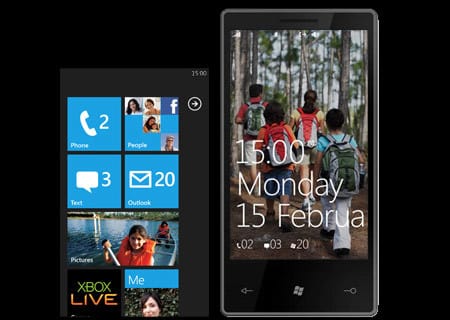Can you hear me?!
A look at how mobile phones have brought private conversations into the public space to the annoyance of everyone

Let me make this abundantly clear, I don’t want to hear about your dog’s diarrhoea problems. It may sound harsh, but I don’t care if the poor sod is at death’s door, especially if it involves you describing his last meal and what it looked like coming out the other end. Ever been aurally assaulted by someone else’s painfully private mobile phone conversation on a bus? I take the rush hour bus to and from my home every weekday and this, coupled with the London Transport network’s plentiful population of eccentrics, has exposed me to some of the strangest conversations I will probably ever hear.
It seems like it was only a few years ago that you could take a bus or sit in a restaurant without being battered on all sides by other people’s one-sided conversations on phones. That period of our existence ended when mobile phones really began to take off - the good old days when people thought that yelling down a telephone line helped the message through to the other end. Yet in those days, it was only the self-important businessmen who could afford to shout their way down Oxford Street, and the nuisance was ignorable simply because not enough of us had the devices for it to be noticeable.
That all changed with the emergence of cheap monthly plans with free minutes. Buses on weekday mornings are a cacophony of ringing phones and muddled bits of conversation. “Tell him I’m going to be late, I’ve been stuck in traffic for over an hour now” - lies, I just saw you get on the bus. Also, lady with the bag sticking uncomfortably into my back? I don’t care if “no one is single anymore except for you” - I do care that you’ve been talking continuously for the last half hour, while standing right behind me. The fact is, you would never have these loud private conversations in public before, even if you were with someone else, and you definitely wouldn’t have an argument with your mother to entertain the medley of students, tourists and lunatics that make up your average London bus.
The other, obvious, side to the argument is - why should I be listening in the first place? These things don’t matter to me, and I somehow manage to drown out real conversations - why can’t I just do the same here and forget about it? In a recent study by the University of York, researchers found that people pay more attention when they can only hear one side of a conversation. It may be our brains get a kick out of trying to complete a conversation having only heard half of it, or that the drone of a full conversation is easier to push into the background than the stop-and-go nature of a mobile chat, but whatever the reason, these conversations grate on our ears much more than normal ones.
I think that the Japanese have the right idea when it comes to mobile phone usage in public places - it’s a cultural taboo. With their habits usually leading the rest of the world when it comes to technology, it might not be long before we see notices advising us not to answer phones on the bus. In Germany too, mobile phones are serious business; a man was murdered there in 1999 for his poor mobile etiquette. That said, we might also go the Spanish way. To quote The Economist about phone vs. face-to-face conversations: “subscribers in Madrid often mixed them and even allowed others to take part in their phone conversations”. I’d rather walk.









